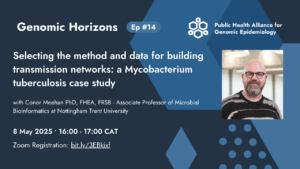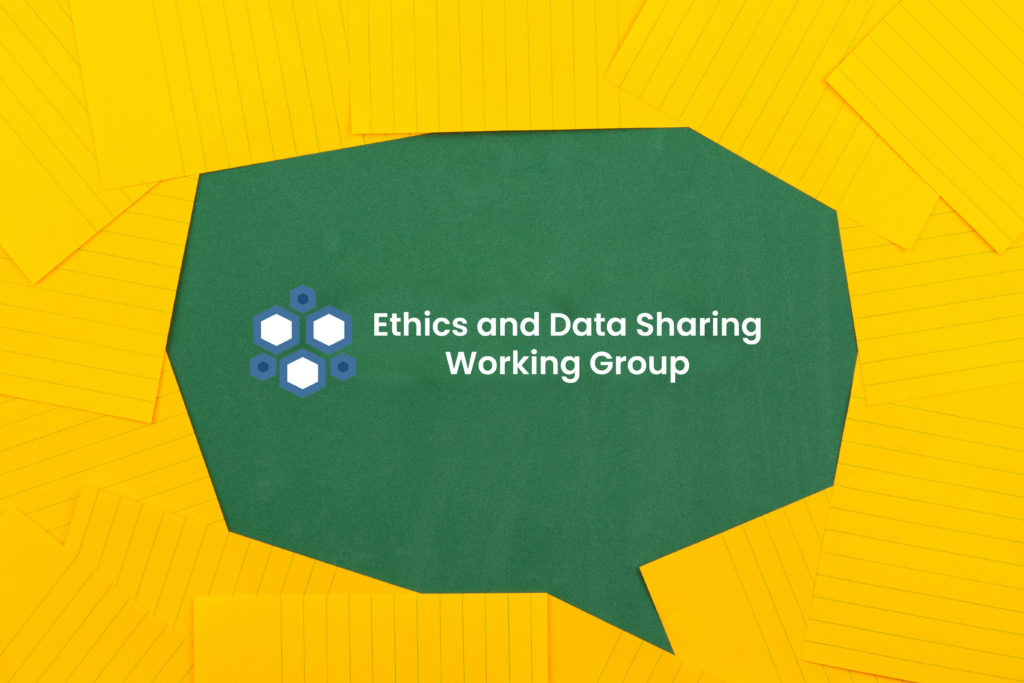
Various applications were received for the call for small grants to fund ethics and data sharing projects. The Ethics and Data Sharing Working Group approved four projects for funding. These successful projects are available on the PHA4GE Ethics and Data Sharing Platform and are listed below.
1. Ethical oversight of genomic data sharing in research for human health: A case of the Kenya Medical Research Institute (KEMRI) Scientific Ethics Review Unit (SERU) – “There is little information about involvement of [Research Ethics Committees] RECs in sub-Saharan Africa with genomic data sharing. It will be interesting to know how the RECs conduct oversight on genomic data sharing.”

2. Networking for Ethics Committee biomedical research in Central Africa – “The aim of the project is to strengthen the Ethics review capacity of the institutional ethics committee of [Republic of Congo] RoC, the national ethics committees of [Democratic Republic of Congo] DRC and the Gabon for the evaluation of proposals during outbreaks of infectious diseases. As a secondary objective, the investigators including scientists, health workers, students in the Brazzaville (RoC) will be strengthened in Good Clinical Practices and on ethics on health research using online tools and materials.”
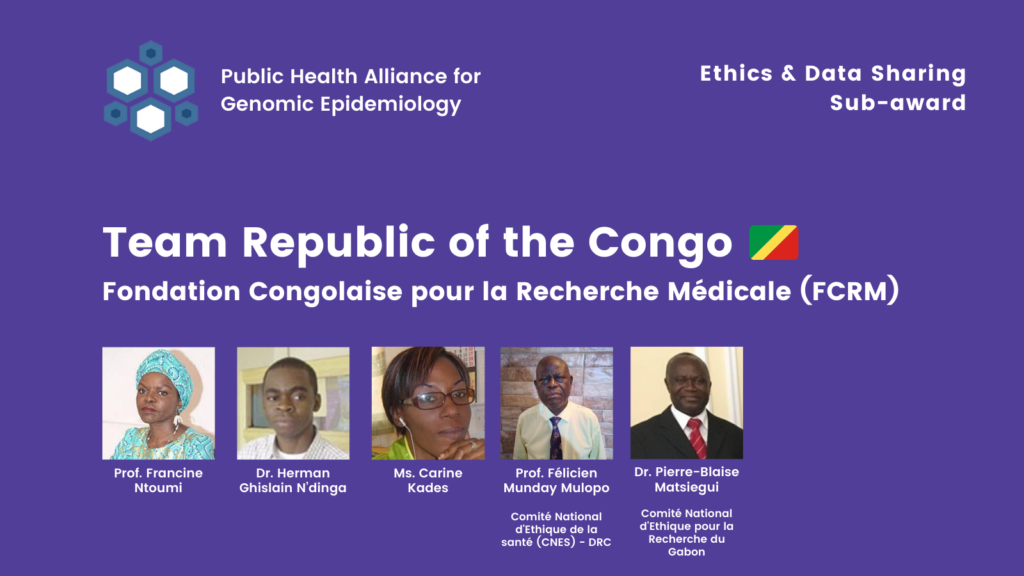
3. A survey to capture perspectives on the COVID-19 pandemic and vaccine hesitancy, at slums and market areas in Plateau State, Nigeria – “We aim to capture the knowledge levels and perspectives that focus on the COVID-19 epidemic and the effects on personal choices of protection.”
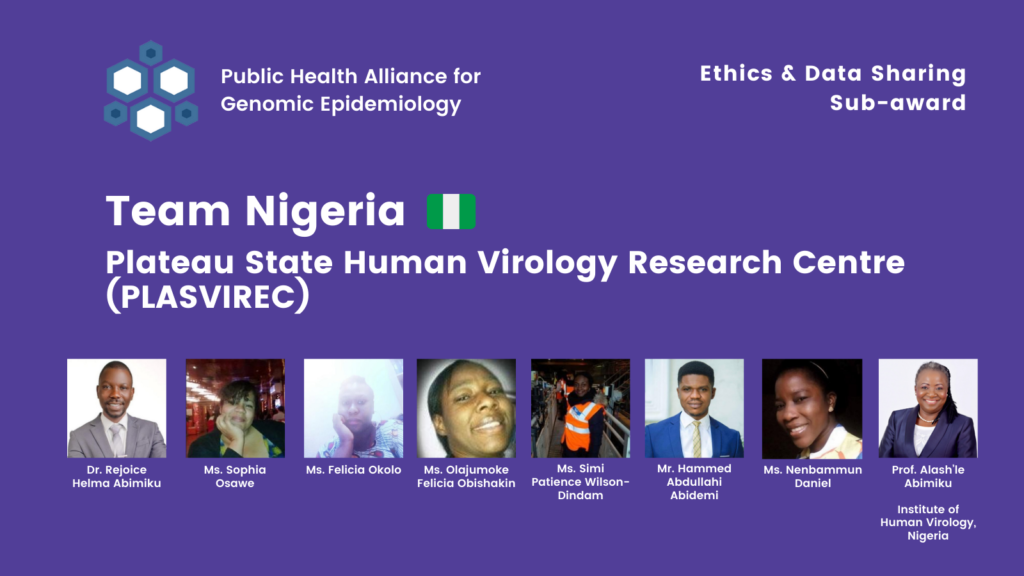
4. Development of educational scientific tools and resources in local languages – ” The goal of the project is to pilot development of tools and resources to enhance learning and improve understanding of basic scientific concepts in the use of molecular-based techniques and microscopy for infectious disease diagnostics… learning modules consisting of video media of experimental scientific protocols, (will be) translated into the main local languages – Shona and Ndebele.”
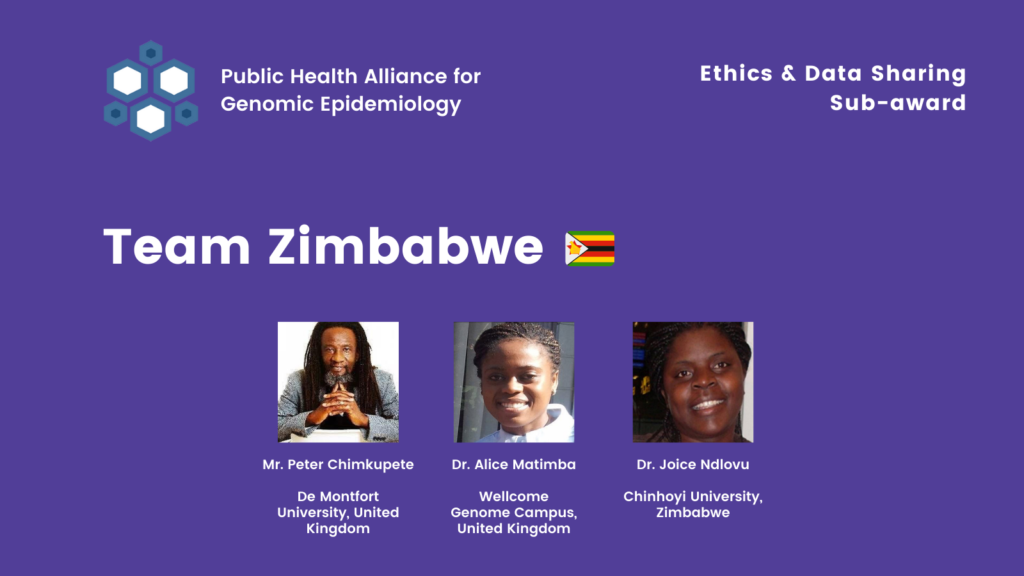
The PHA4GE Ethics and Data Sharing Platform continues to grow as more people are joining and participating in the community. Several projects have kicked off from the platform (e.g. building frameworks and undertaking a systematic review on risks and benefits in health genomics studies in Africa, and a project to define a meta-data standard for ethical research data), which has led to these projects including collaborators from different countries and continents and different professional, educational and disciplinary backgrounds. This has made the sharing of ideas, expertise and the content of the projects richer, more diverse and more inclusive. Community members are also reaching out asking for advice and sourcing the opinions and expertise of other community members on different topics, for example ethical issues that should be considered when sharing pathogen sequence data.
By Anja Bedeker, on behalf of the PHA4GE Ethics and Data Sharing Working Group

